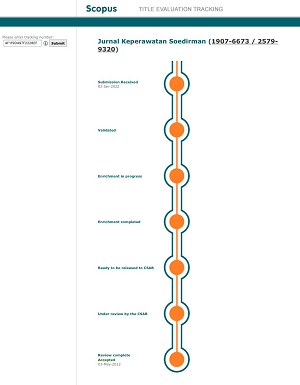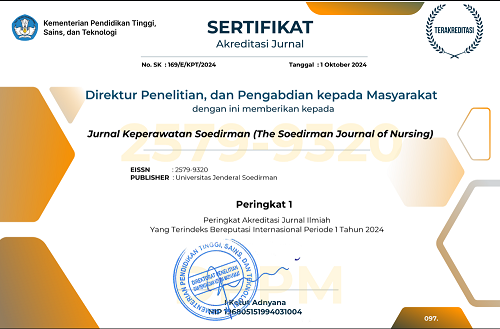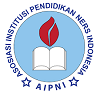Parental Adaptation in Caring for Children with Thalassemia: A Meta-Synthesis
Abstract
Thalassemia is a chronic disease that requires lifelong treatment. Children with thalassemia are highly dependent on their parents for daily care and management. This study aims to identify key themes reflecting the challenges, needs, and expectations of parents caring for children with thalassemia through a qualitative meta-synthesis approach based on Roy’s Adaptation Model (RAM). A literature search was conducted in the PubMed, MEDLINE, Scopus, and ScienceDirect databases for English-language articles published between 2014 and 2024. Twelve studies from six countries were analyzed using the Critical Appraisal Skills Programme (CASP). The synthesis identified four meta-themes describing the parents’ adaptation process: (1) physical fatigue and psychosomatic symptoms, (2) psychological stress and parental identity crisis, (3) disruption of family roles and functions, and (4) lack of systemic and social support. These findings emphasize the importance of a multidimensional support approach encompassing emotional, educational, and health policy aspects to improve family quality of life. This study provides a theoretical foundation for family-centered nursing interventions and supports parental resilience.






.png)




_3.png)

 Kampus keperawatan unsoed
Kampus keperawatan unsoed  Published By Jurusan Keperawatan FIKES UNSOED
Published By Jurusan Keperawatan FIKES UNSOED jks@unsoed.ac.id
jks@unsoed.ac.id

